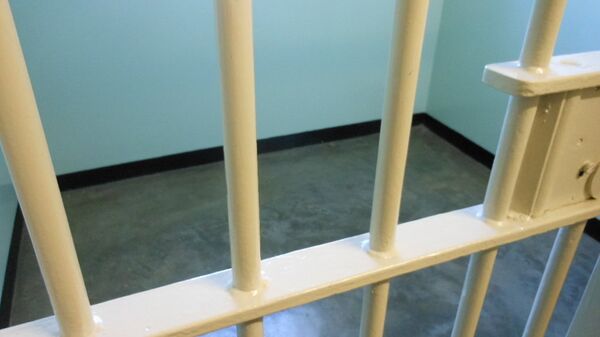Timothy Fugatt, a minister of music at a church in Alabama, had such an experience. Fugatt found himself in a corner after a series of incidents resulted in “court costs” of up to $500. Unable to pay the fines because his son was in the hospital, Fugatt saw his case handed over to Judicial Correction Services.
JCS is known as a private probation company, and more cities are using these services in an attempt to collect on unpaid fines. As the practice has become more widespread, civil liberty organizations are taking notice, concerned that imprisoning someone for debt is unconstitutional.
The Supreme Court ruled in 1983 that the only reason someone could face arrest for debt is if the defendant is able to pay, but is unwilling to do so. But the manner in which a judge comes to that conclusion often lacks oversight, according to a 2013 NPR investigation that surveyed discrepancies in several cases.
A quarter of the people who were in jail for misdemeanor offenses in Washington during the four-month investigation were imprisoned because they failed to pay their court fees and fines. The judges consulted conceded that “it’s difficult to determine who can and cannot afford to pay their fine.”
The cost may be as little as $250 or as high as $4,000.
"It's not that it's wrong to charge people money as a way to punish them," Miriam Aukerman, an attorney with the American Civil Liberties Union of Michigan, told NPR. "But there have to be alternatives for people who can't pay.”
Jurisdictions across the country are hiring more private probation companies and defending the practice as the government’s lawful responsibility. Because the money is owed to the state, supporters say the government has a responsibility to pursue it. Some lawyers have even stated that when these fines are not paid, tax payers are eventually burdened with the costs.
Private probation companies also operate on a hefty profit. The companies are cashing on an estimated $40 million in Georgia alone, according to a 2014 Human Rights Watch report. It further notes that more than 1,000 courts across several states including Georgia, Mississippi, Tennessee, Florida and Alabama sought to generate revenue through these unpaid debts.
Debtor’s prisons were outlawed in the U.S. around 200 years ago.




